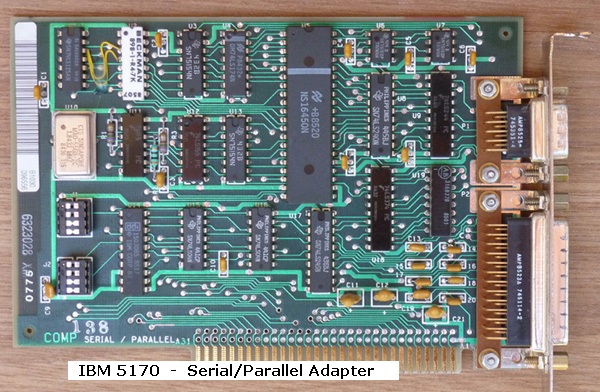
| Home |
 |
Click on photo for larger view |
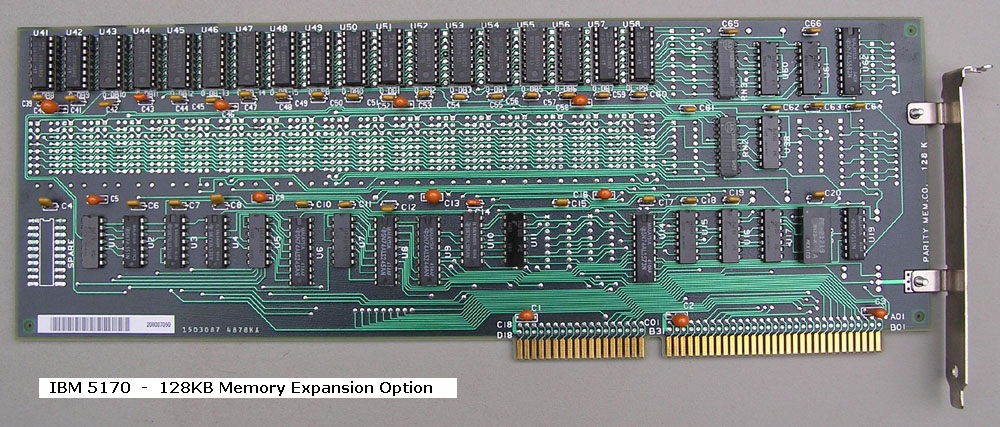 |
Click on photo for larger view |
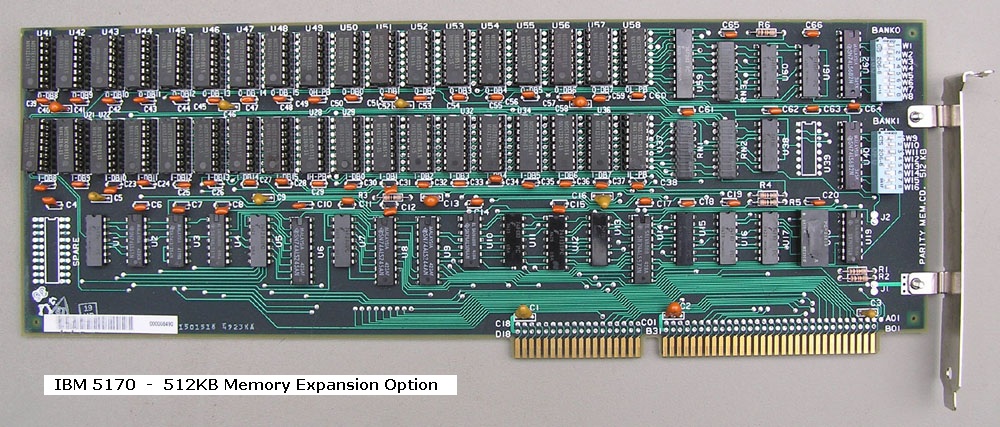 |
Click on photo for larger view |
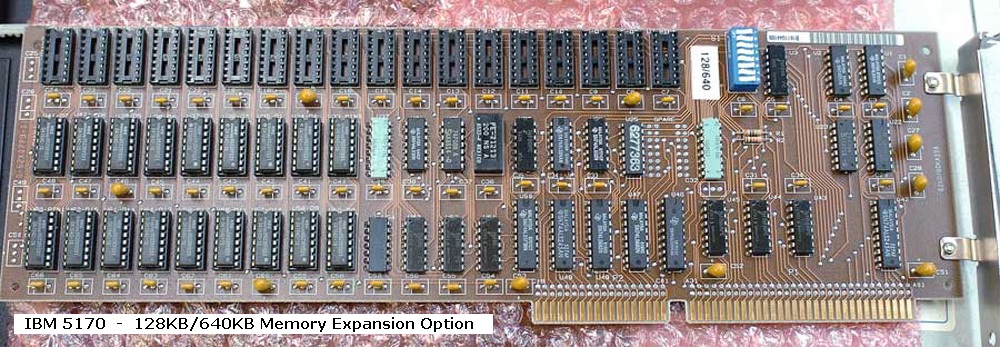 |
Click on photo for larger view |
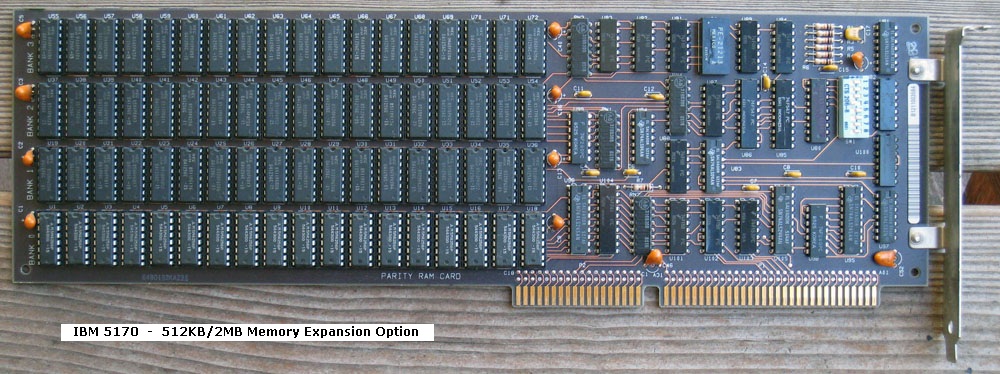
 |
Click on photo for larger view |
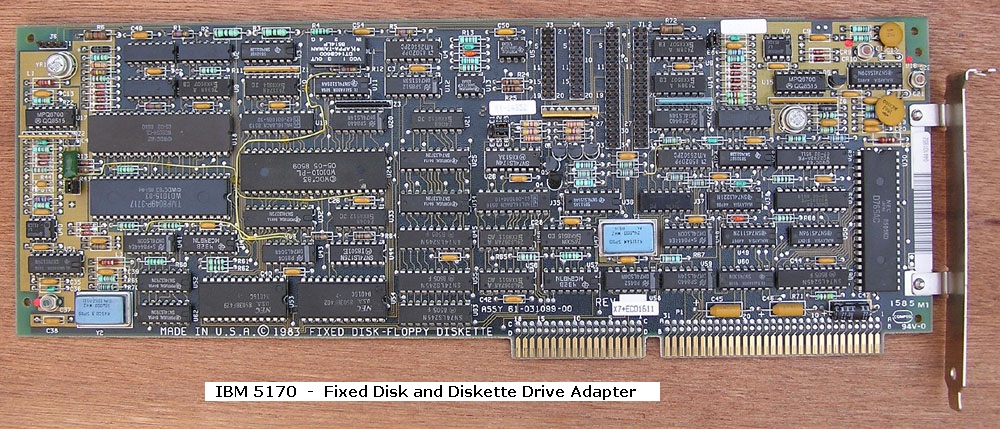 |
Click on photo for larger view |
 |
Click on photo for larger view |
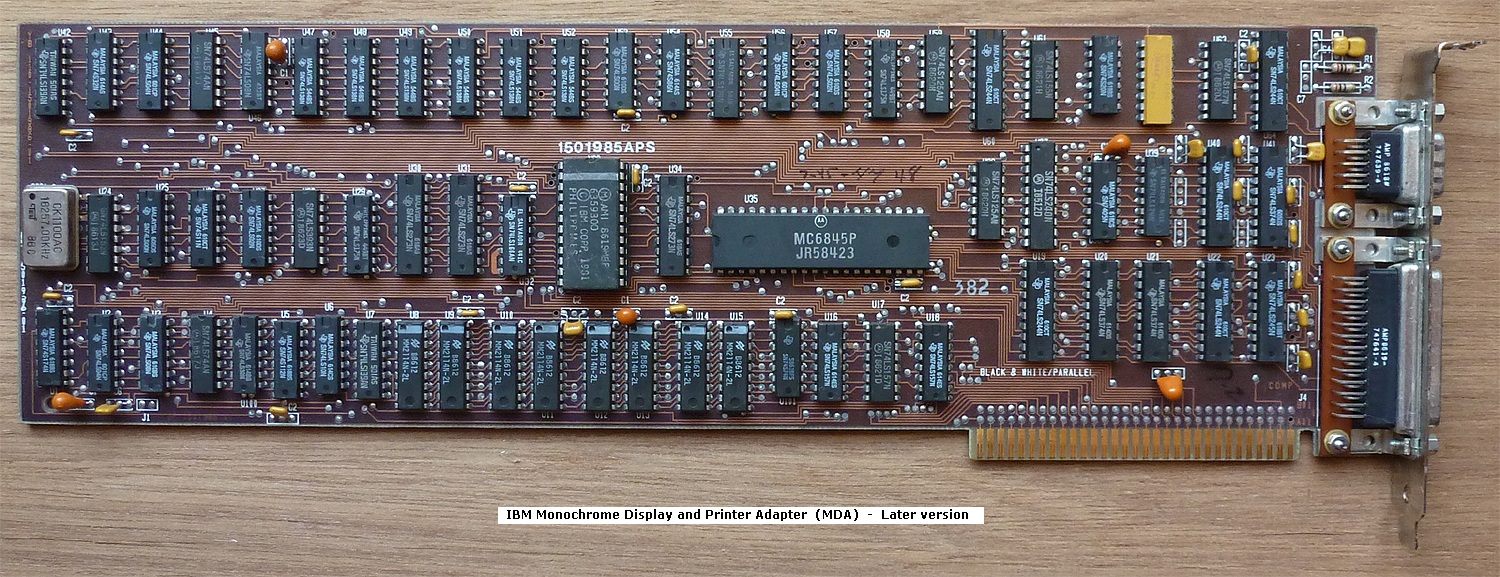
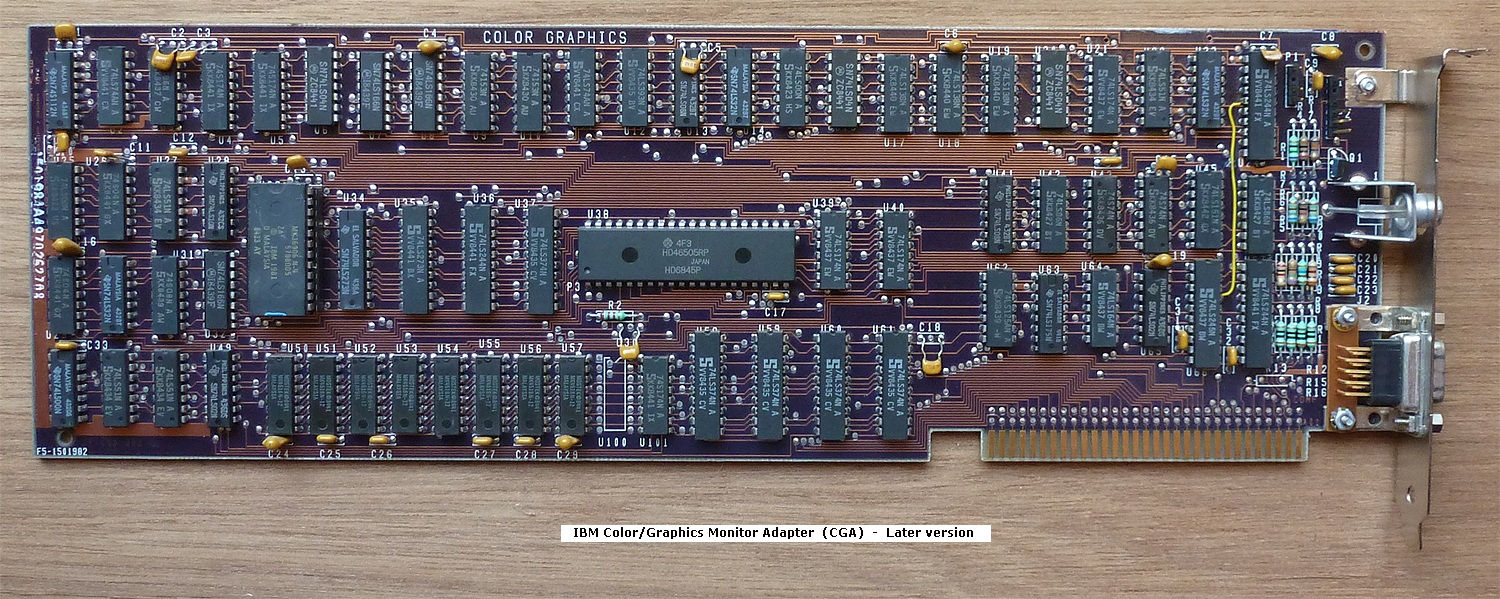
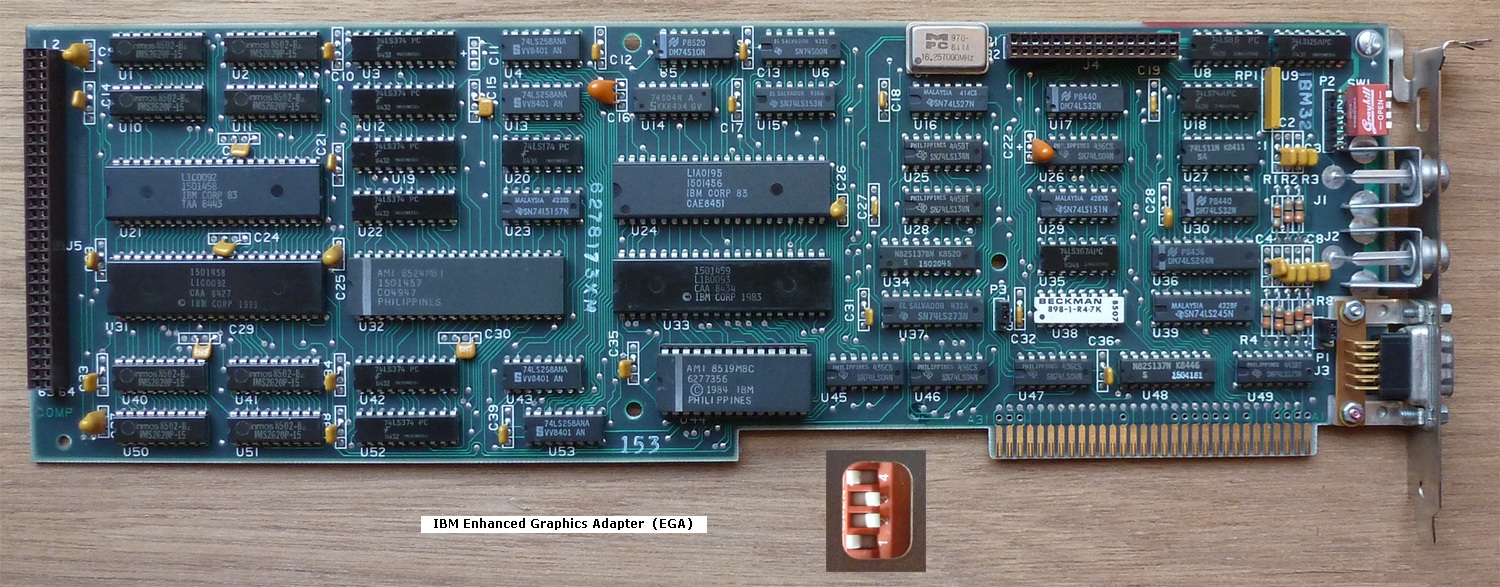
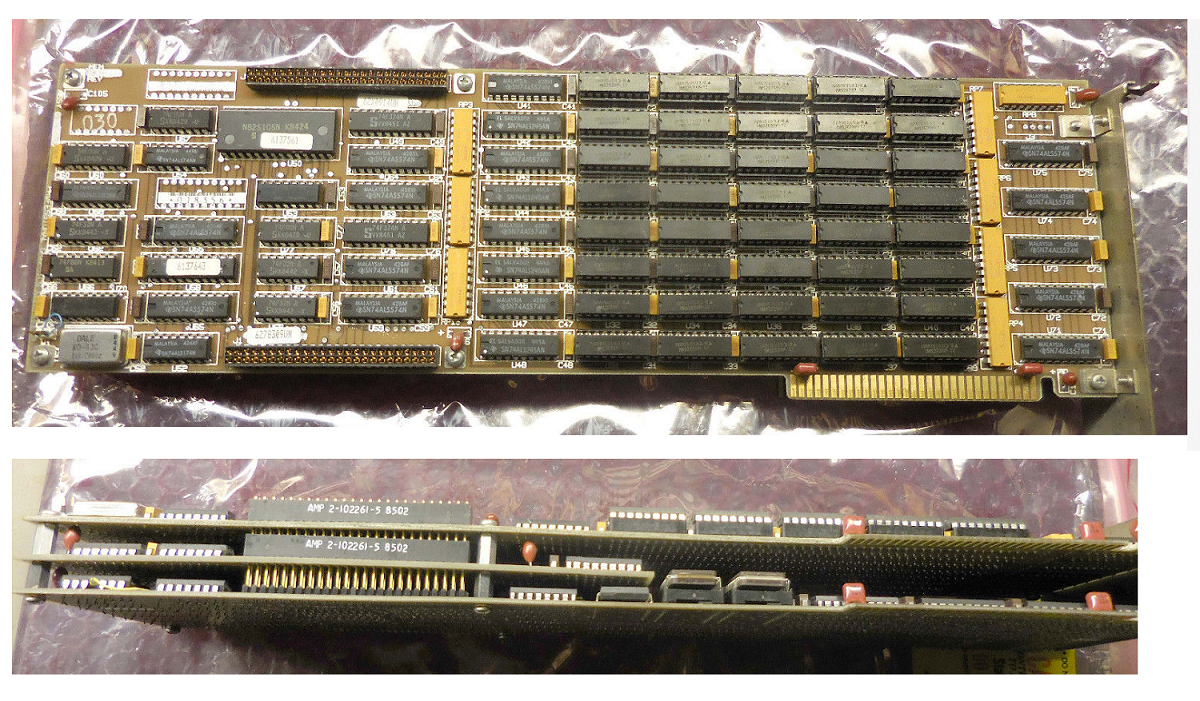
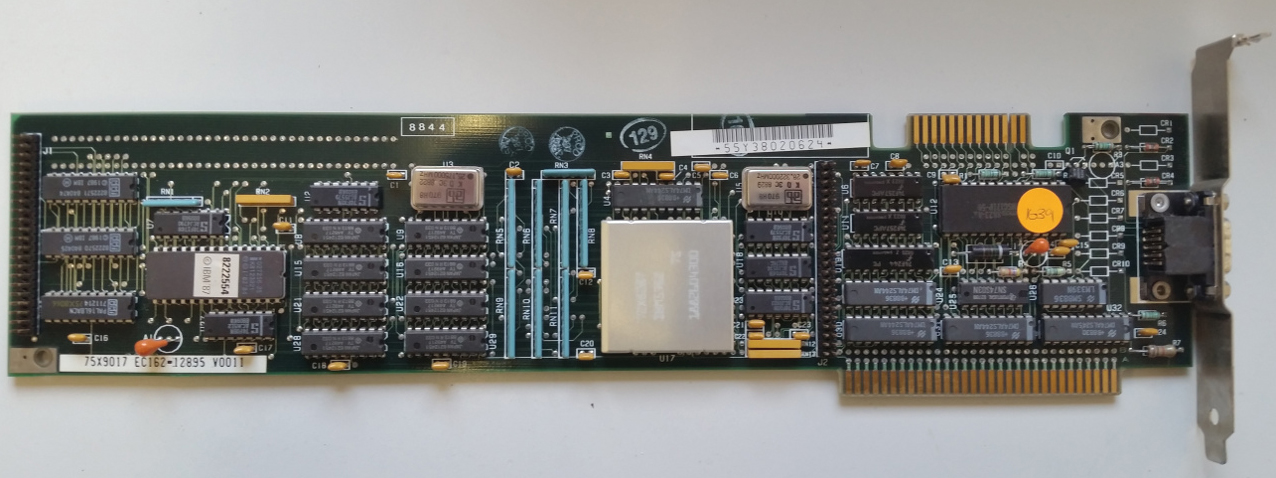
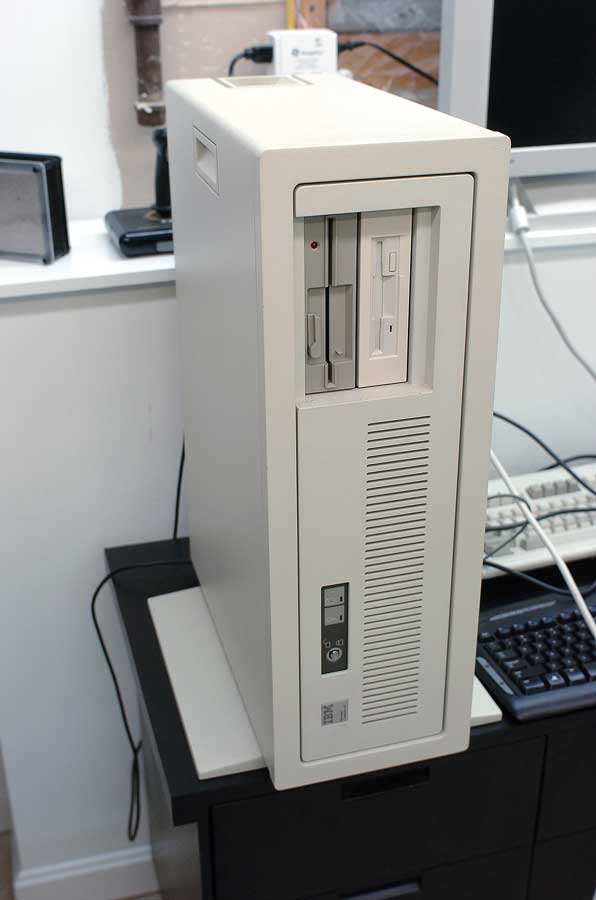 |
More photos at here. (photo source: Framer at the VCFF) |
| Compatibility | |
| Installation Instructions | |
| Technical Reference | (source: jens.hafner at the VCFF) |
| Additional information - 1 | (source: jens.hafner at the VCFF) |
| Additional information - 2 |
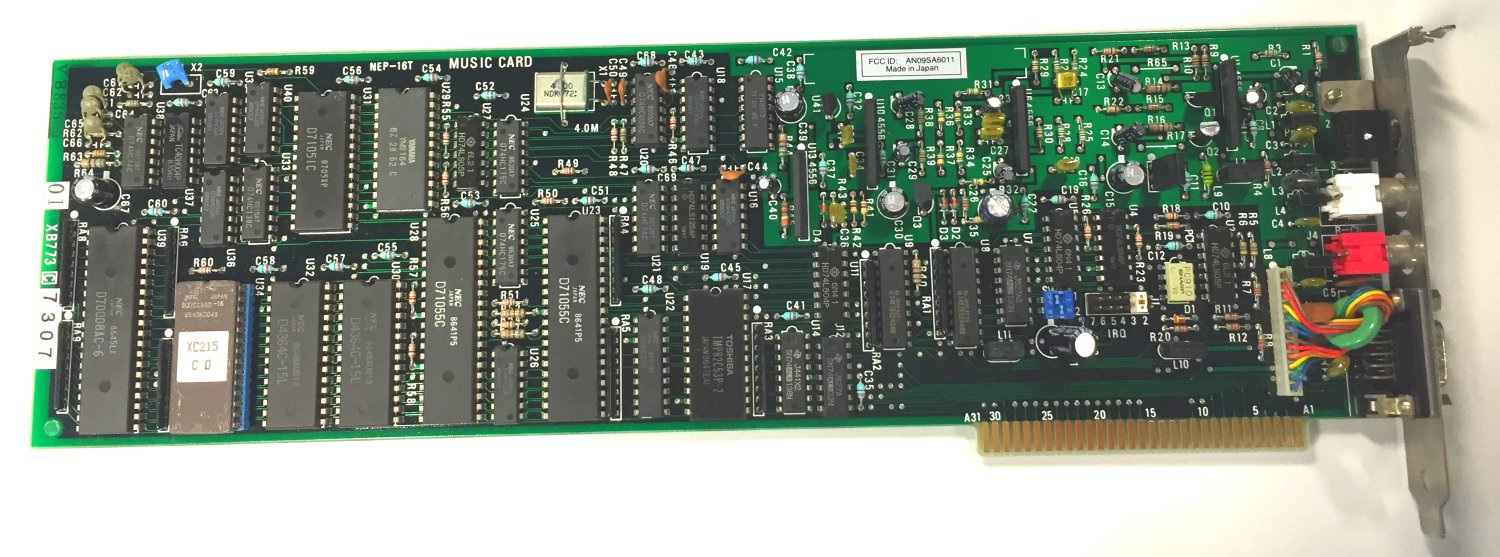 |
Click on photo for larger view |